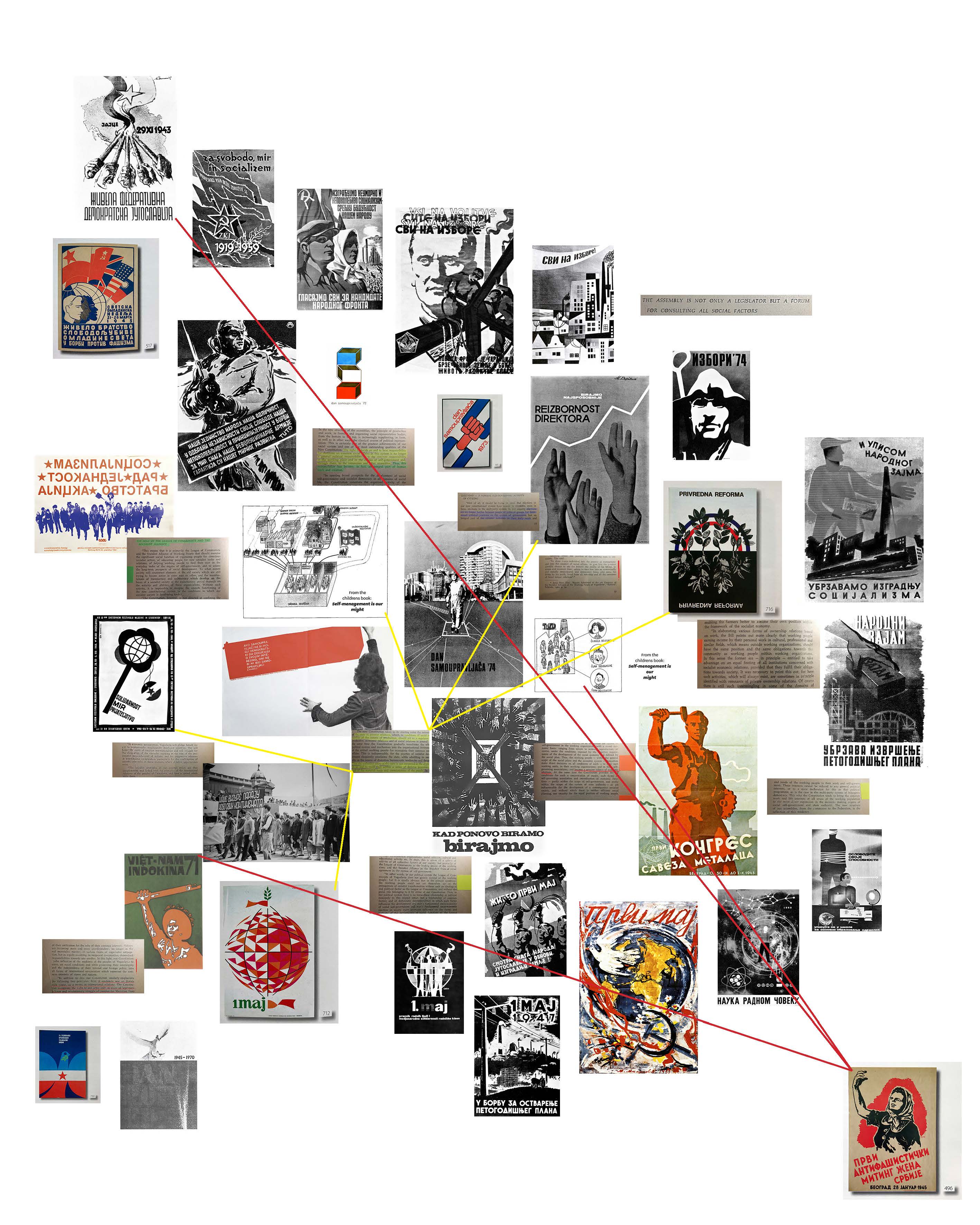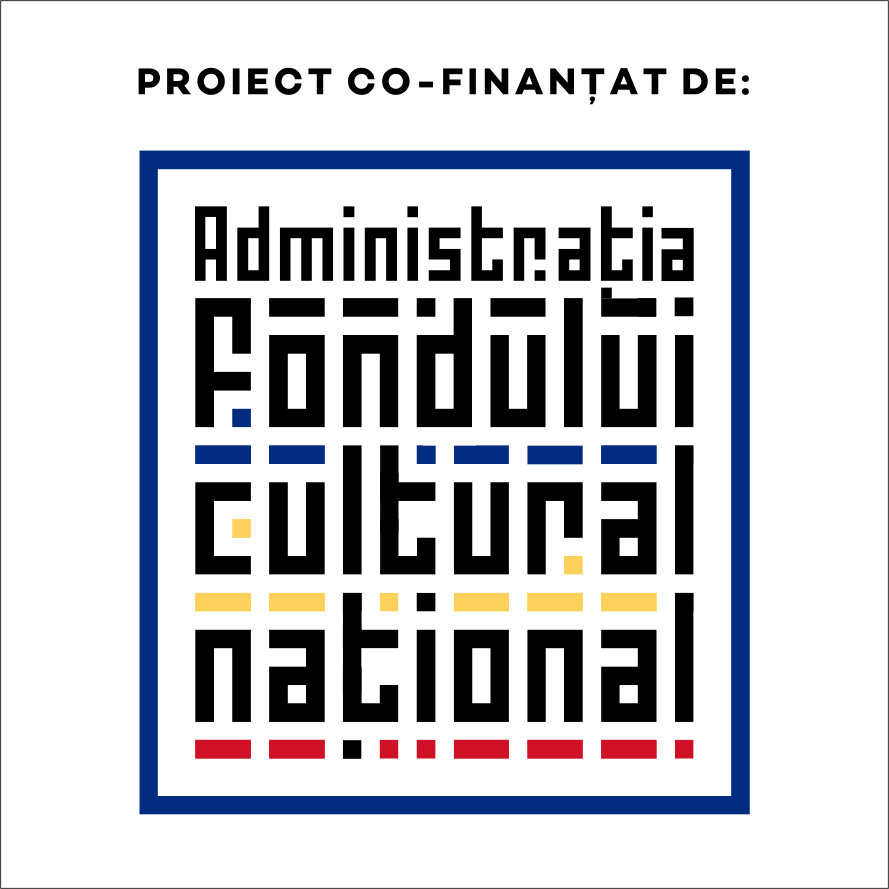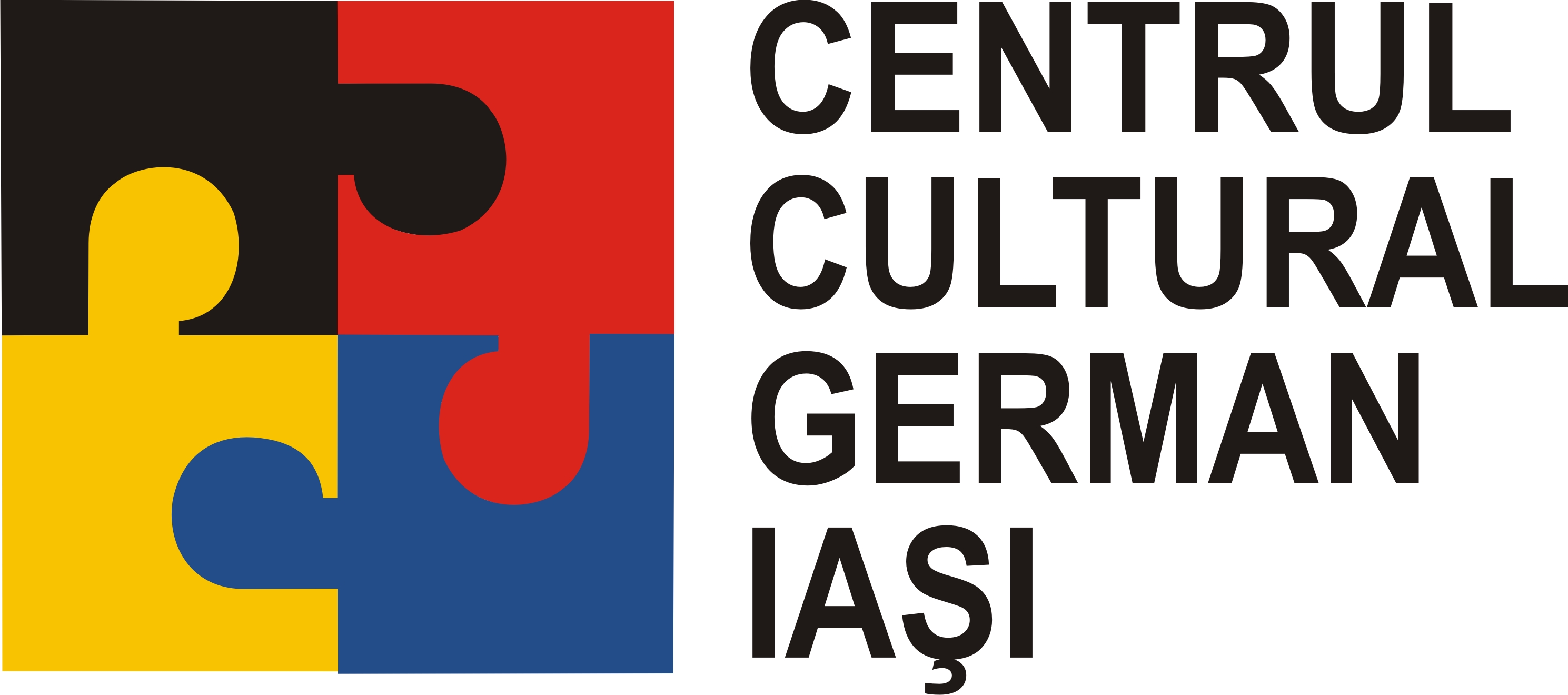 |
After the cataclysm of the Second World War, one of the basic questions was how to avoid future wars. The development of more destructive and deadly technologies and weapons, especially the atomic bomb, lend particular urgency to that question. The historical research presented here to you, regarding the Socialist Federal Republic of Yugoslavia is the first presentation of an in depth research project comparing the concepts and practices of Peace that developed in Western Europe and in SFRJ.
European politicians of a certain generation looked to salvage European economic power, create the basis for its expansion in the face of disintegrating colonial system and anti-colonial movements, while keeping the social peace at home. The answer was offered in the form of the most ambitious peace project in the history of Europe - the creation of a common market, first joint strategic political control over resources and the production and distribution of raw materials and then the full integration of the goods and labor markets in the countries of Western Europe. The first attempt to create such a union was the European Coal and Steel Coalition that received its political form in the Schuman Declaration. Its main thinker and promoter was Jean Monnet who became the first president of the High Authority in 1952.
However, another shadowy figure, Russian emigrant and Hegelian philosopher, Alexandre Kojève, was a gray eminence of administrative and bureaucratic efforts that led to the formalization the European Economic Community in the Treaty of Rome 1957. While Jean Monnet expressed more the Saint-Simon spirit and was also influenced by John Maynard Keynes, Kojeve was a self-proclaimed "Stalinist", "Soviet spy" and a man without a title in the French Ministry of Foreign Affairs. With his unwavering faith in the certainty of the "end of history" Kojeve found solutions that should lead, through economic cooperation and a common market, to a supra-national formation will guarantee world peace.
In the meantime in the Federal People’s Republic of Yugoslavia (later to become SFRY), in the 40’s and 50’s the League of Communists and its ideologue at the time Boris Kidrič came up with three big concepts that should have gauranteed peace and prosperity after the kinstrife of the Second World War – Brotherhood and Unity, Socially Owned Property and Self-Management. These three concepts were developed independently but also in relation to world political-economy. Brotherhood and Unity led to specific brand of Yugoslav federalism and latter was turned into Togetherness of the Nations and Ethnic Minorities as a less Pan-Slavic and more Internationalist concept; Socially Owned Property being unique to Yugoslavia, even within the Socialist Bloc, was continually discussed and redefined and the tension between civil self-management and workers self-management was there from the start, expressing itself clearly in the laws and regulations of the of the time and later in the constitutions of 1963 and 1974.
However, it was not only Kojève who believed that history was at the last stop. Slovenian and Yugoslav politician Eduard Kardelj, the ideologue of the League of Communists of Yugoslavia (Boris Kidrić died in 1953), also believed that we were approaching the finish line. His radiant terminus was not so different from the one imagined by Kojève, even if it was primarily set in the Yugoslav context. The ideology of deregulation through self-government and the withdrawal of the state through complex bureaucratic demands functioned like a reflection in the mirror of European integration.
In this research, we examine how these two philosophical-bureaucratic settings of planned political-economies of socio-political restructuring for resolving ethnic and political crises influenced each other and how their destinies can show us what History that refuses to End has in store for us.










